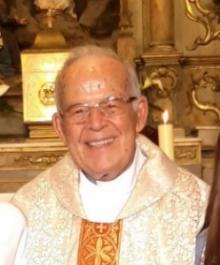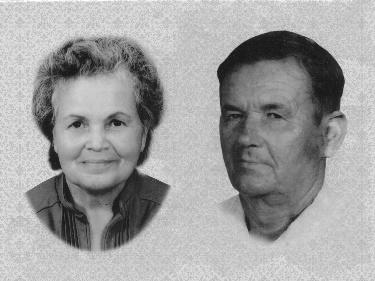by Fr. Bernardino Andrade
(bernardinodandrade@gmail.com)
It was June 12th, 1965, in a football field of the City and Diocese of Quelimane, Mozambique, very very far away from Madeira Island, my home land. My Bishop imposed his hands over my head, anointed my hands, and I became a priest forever. It was the day of my Priestly Ordination. Not counting the day of my Baptism, there is no doubt that the day of my Ordination was the most special day of my life.
After the Mass of my ordination, the Bishop, who always treated me like a son, asked me to give him a special blessing. The same thing happened with Father Vasco and Father Benjamim, two other priests who were ordained during the same ceremony. It was a very emotional and special moment… except for one thing. I am a member of a large family. Together we were thirteen members: my father, my mother and eleven brothers and sisters including me. But not one of them was present at my Ordination.

Only three weeks later, on July 4th, 1965, in my home Parish in Ponta do Sol, after travelling from Mozambique to Madeira, surrounded by my family, many friends, many neighbours and many Parishioners, I celebrated my First Mass in Madeira Island. Exactly in the same church where I had been baptized, received my First Holy Communion and Confirmation.
On the day of my first Mass, one of the most touching moments for me happened just before leaving to go to Church. It really was not part of my plans. My mother called me to her bedroom, closed the door, and asked me to hear her Confession and give her Absolution. She did this in such a natural away as if she had done this during her entire life. I was nervous but she was not. She knew that I was a priest and she knew that I could give her Absolution and say «Your sins are forgiven. Go in Peace». I was not ready for this. I almost felt like asking God: «Lord, can I do this? Do I have to do this?». I sat down on her bed, my mother knelt before me and together we had one of the most special celebrations of the Sacrament of Reconciliation of my entire life. After that it became normal for my mother and my father to come to me for Confession every time I visited them on holiday.
Sometimes she would come to Confession and after that she would call my father to come to Confession too. Then I would tell her: «Mother, you don’t know if he wants». Her answer was: «Of course he wants». And then she would call my father again and tell him: «Manuel, come. Bernardino is waiting». And I had no choice, but I was not sure if my father also had no choice. But maybe it was his choice, because even after my mother died he continued coming to me for Confession.
This was on the fourth of July of 1965. This was 55 years ago. I am not sure if I have been a good priest but one thing I know: I have been a very happy priest. And everything started when I was 12 years old, and my sister, Agostinha, asked me: «Bernardino! Wouldn’t you like to be a priest?» and I said «Yes». And that YES has been, and will be, repeated for the rest of my life.
Love & Peace,
Fr. Bernardino Andrade


